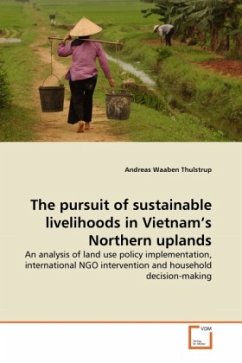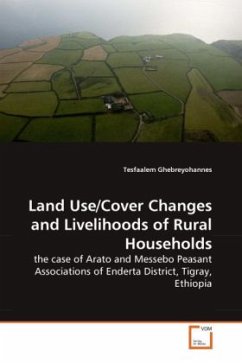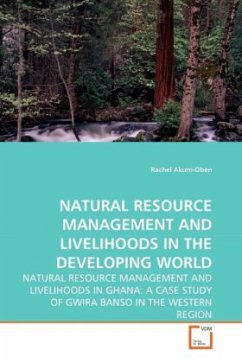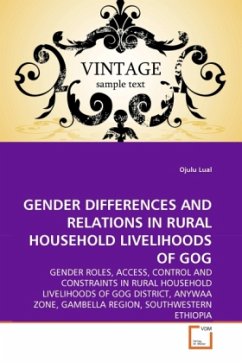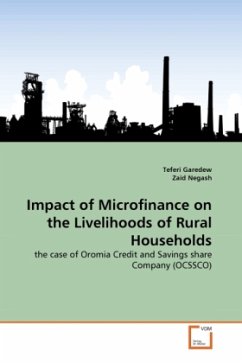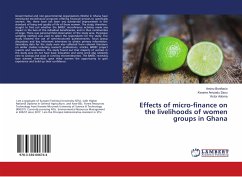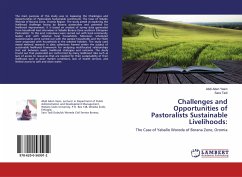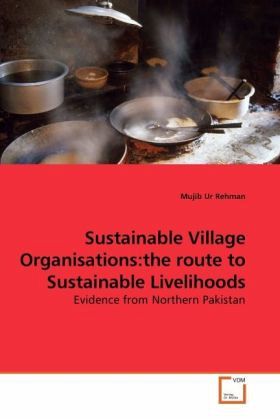
Sustainable Village Organisations:the route to Sustainable Livelihoods
Evidence from Northern Pakistan
Versandkostenfrei!
Versandfertig in 6-10 Tagen
52,99 €
inkl. MwSt.

PAYBACK Punkte
26 °P sammeln!
The book combines strong theoretical engagements with emperical discussions exploring the role of social organisations in bringing improvement to the status of livelihoods, food security and development activities in the rural areas of Northern Pakistan. Different methodological approaches are used including a qualitative analysis of natural resource management and NGOs impact on development activities; quantitative analysis of households' livelihoods status and livelihoods strategies. The emperical evidence confirm that in the absence of well-developed physical and economic capital, the role ...
The book combines strong theoretical engagements with emperical discussions exploring the role of social organisations in bringing improvement to the status of livelihoods, food security and development activities in the rural areas of Northern Pakistan. Different methodological approaches are used including a qualitative analysis of natural resource management and NGOs impact on development activities; quantitative analysis of households' livelihoods status and livelihoods strategies. The emperical evidence confirm that in the absence of well-developed physical and economic capital, the role of social capital is of vital importance. Both the qualitative and quantitative data suggests that the creation of social capital can ensure sustainable natural resource management and sustainable livelihood improvement activities. Formation of community-based organizations and developing these organizations on sustainable grounds can lead to the formation of social capital that is much needed for other management and livelihood support activities.



